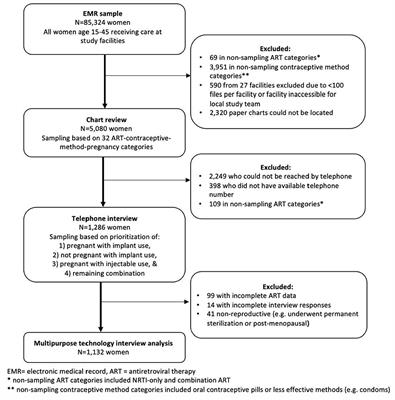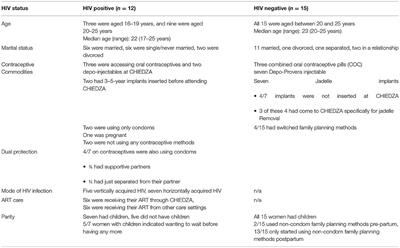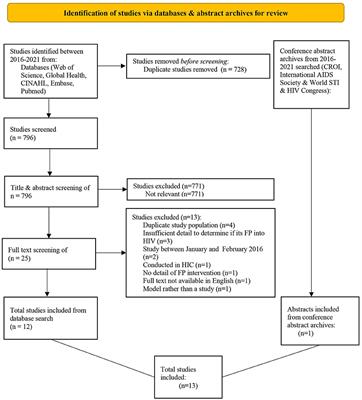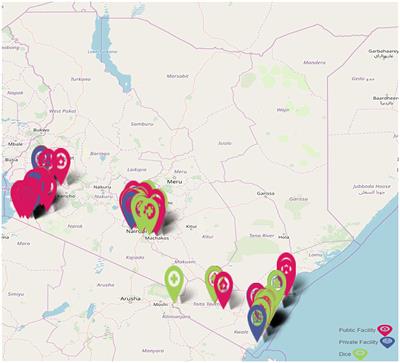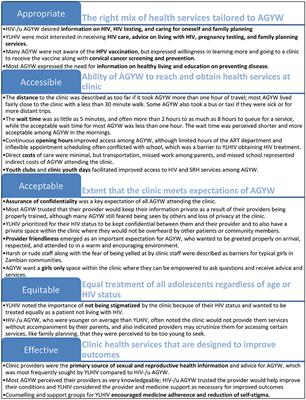BRIEF RESEARCH REPORT
Published on 08 Mar 2023
Measuring the impact of COVID-19 social distancing measures on sexual health behaviours and access to HIV and sexual and reproductive health services for people living with HIV in Botswana
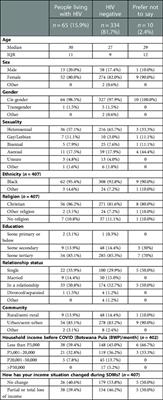
doi 10.3389/fgwh.2023.981478
- 1,110 views
- 5 citations
